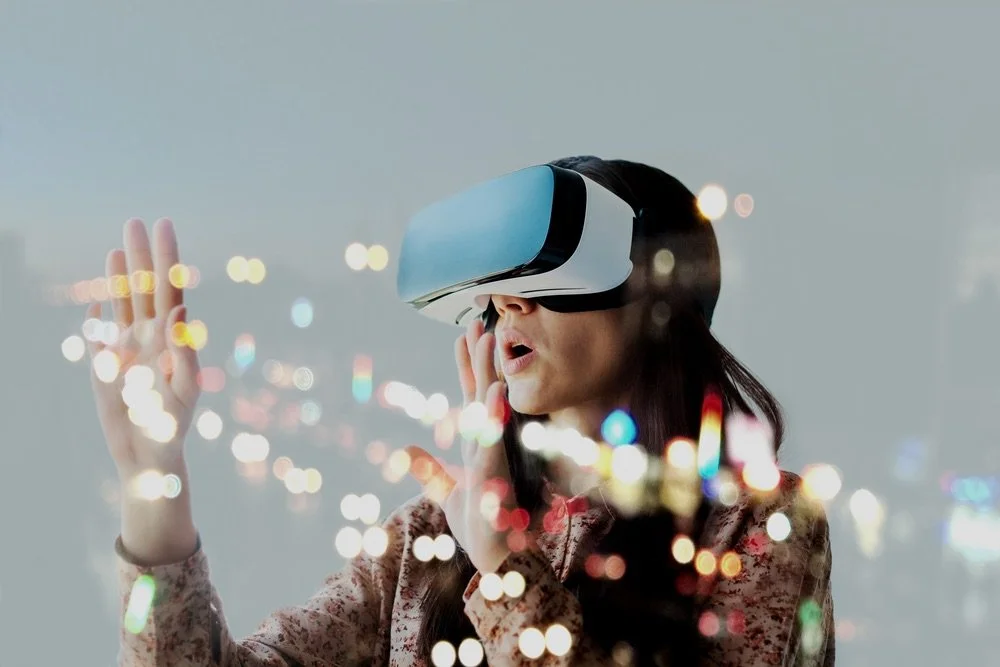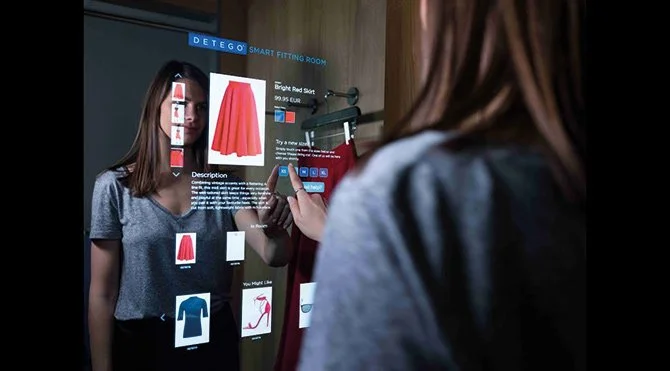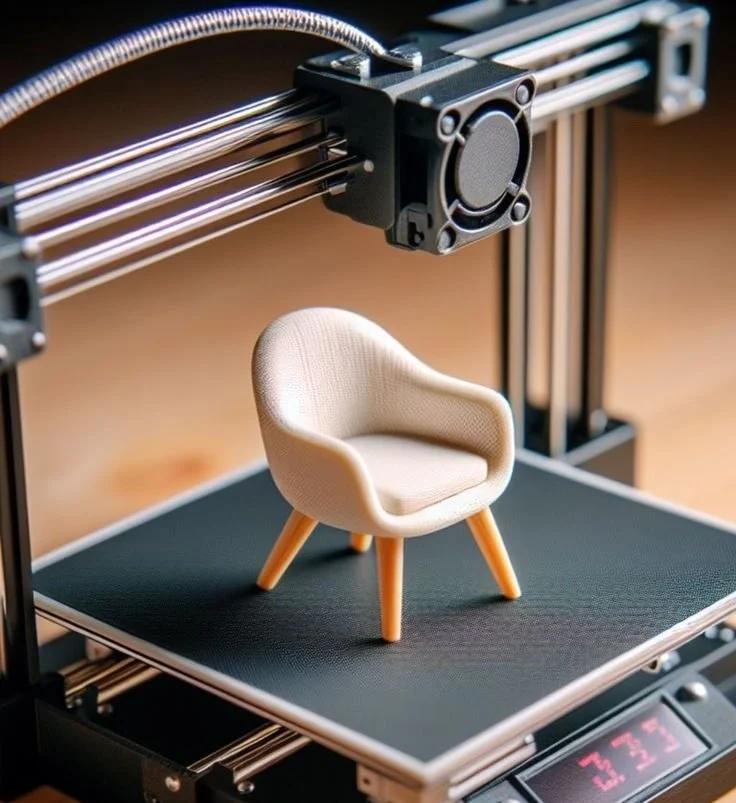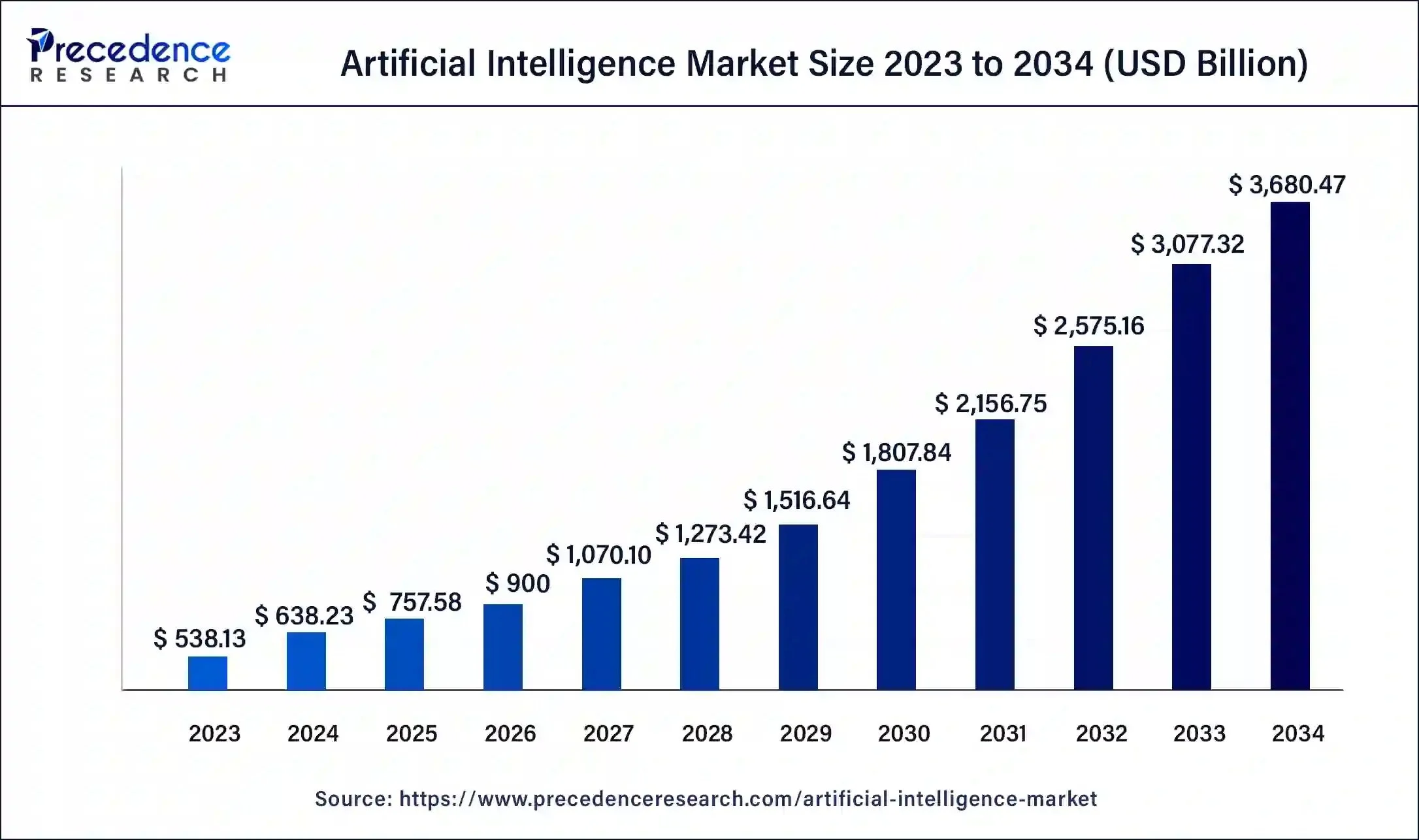Technology and AI Trends Are Reshaping the Future of Fashion
2.5 Min Read
Virtual Reality (VR)
Virtual reality is revolutionizing the way we shop and experience fashion. With virtual stores, customers can browse collections and make purchases without leaving home, providing a fully immersive shopping experience. Virtual fashion shows allow users to attend runway events from anywhere in the world, bringing the latest trends directly to their screens. Additionally, virtual fitting rooms let shoppers try on clothes virtually, eliminating the need for in-person fitting and enhancing the online shopping process.
Interactive Smart Mirror
The future of shopping is here with interactive smart mirrors that are transforming the in-store experience. These mirrors let customers virtually try on clothes and accessories, making it easier to see how outfits will look. Some even suggest matching styles and warn when items don’t go well together. By integrating advanced technology, brands can enhance customer satisfaction and streamline the shopping process, creating a seamless blend of convenience and innovation.
3D Printing
3D printing is reshaping the fashion industry by introducing innovative ways to produce clothing and accessories, combining sustainability, efficiency, and personalization. This technology supports sustainable production by minimizing waste and using eco-friendly materials. It also allows for greater customization, letting brands create unique, made-to-order pieces tailored to individual preferences. Additionally, 3D printing speeds up the development process, enabling faster production and quicker delivery of new designs to market.
Blockchain Technology
Blockchain technology is enhancing supply chain transparency in the fashion industry. By creating a secure and transparent record of every step, from sourcing raw materials to delivering the final product, blockchain helps brands ensure accountability and build trust with consumers. This technology allows customers to trace the journey of their purchases, promoting ethical practices and sustainability. With blockchain, fashion brands can provide greater confidence in the authenticity and origins of their products.
AI’s Future Growth.
How Companies Can Adapt to Emerging Trends
Influencer Collaborations
Partner with influencers to showcase products and highlight trends that resonate with social media audiences.
Sustainability Through Innovation
Invest in textile development to create sustainable fashion options that appeal to eco-conscious shoppers.
Trend-Forward E-Commerce Design
Regularly update your website’s design and layout to reflect modern aesthetics and keep your brand visually appealing.
Personalized Shopping with AI
Enhance AI-powered search tools and introduce features like virtual try-ons, allowing customers to see how clothing fits using their own photos.
Privacy & Data Protection
As technology and AI continue to reshape the fashion industry, companies that prioritize data privacy and comply with regulations gain a significant competitive edge. By protecting consumer information, brands not only avoid potential risks but also build trust and loyalty among their customers. With increasing concerns about data security, consumers are more likely to stay loyal to brands that ensure their privacy is safeguarded. Adopting robust privacy practices not only meets legal requirements but strengthens the relationship between companies and their customers, fostering long-term brand loyalty.







